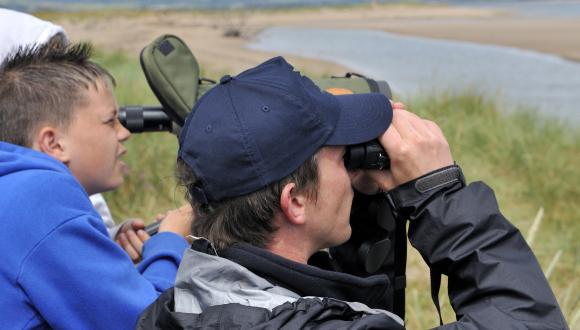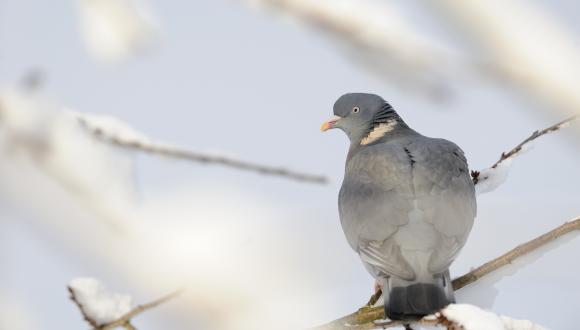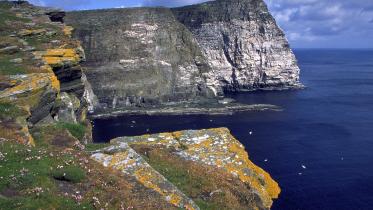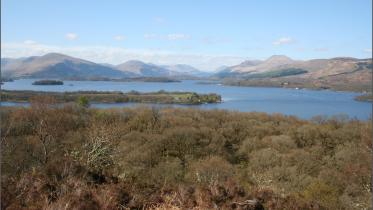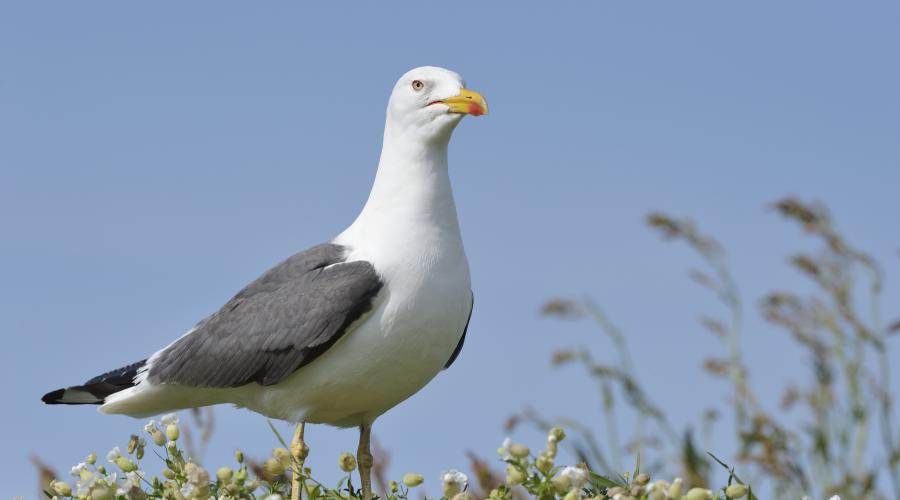
Still time to respond to NatureScot's General Licence consultation
09 September 2019
Still time to respond to NatureScot's General Licence consultation
There’s still time to respond to the NatureScot consultation about wild birds, with a deadline of 9 October.
The consultation covers circumstances when wild birds can be controlled under General Licence. All wild birds are protected by law. But in some circumstances, NatureScot allows wild birds to be controlled – for example, to prevent serious damage to crops, protect public health, and ensure air safety when flocks of birds are liable to get in flight paths.
NatureScot is also publishing a report today to help identify which bird species should feature on General Licences, based on a literature review of species distribution over the past 25 years. The evidence from this research work will be examined, along with responses from the consultation, to help develop general licences for 2020, to ensure there is sufficient justification for each of the species listed on each licence.
Robbie Kernahan, NatureScot’s Head of Wildlife Management, said:
“This report will help those responding to our consultation, and also help us in our determinations once the consultation is over.
“Our role is to help wild birds thrive, but we must balance this with making sure the public is safe from health and safety risks, as well as ensuring that farmers can protect their crops. We want to ensure that our licences are clear, proportionate and fit-for-purpose.
“The consultation, along with our ongoing work such as the report published today, will provide us with valuable feedback. This will allow us to consider if we need to make changes to the current set of licenses for 2020.”
General Licences cover relatively common situations – such as preventing agricultural damage and protecting public health and safety – when there’s unlikely to be any conservation impact on a species. They avoid the need for people to apply for individual licences for these specific situations. General Licences must strike the appropriate balance between species conservation and a range of other legitimate interests.
NatureScot is looking for feedback specifically on the three most commonly used General Licences: those covering conserving wild birds, preventing damage to agricultural interests, and protecting public health and safety.
Robbie added:
“We would like to reassure those who are currently operating under the current 2019 General Licences in Scotland that these remain in place, allowing those who comply with the conditions to continue to use them.”
The consultation documents are available at https://www.smartsurvey.co.uk/s/2019GL/
See the report, Examining evidence-base for species listed on General Licences.
